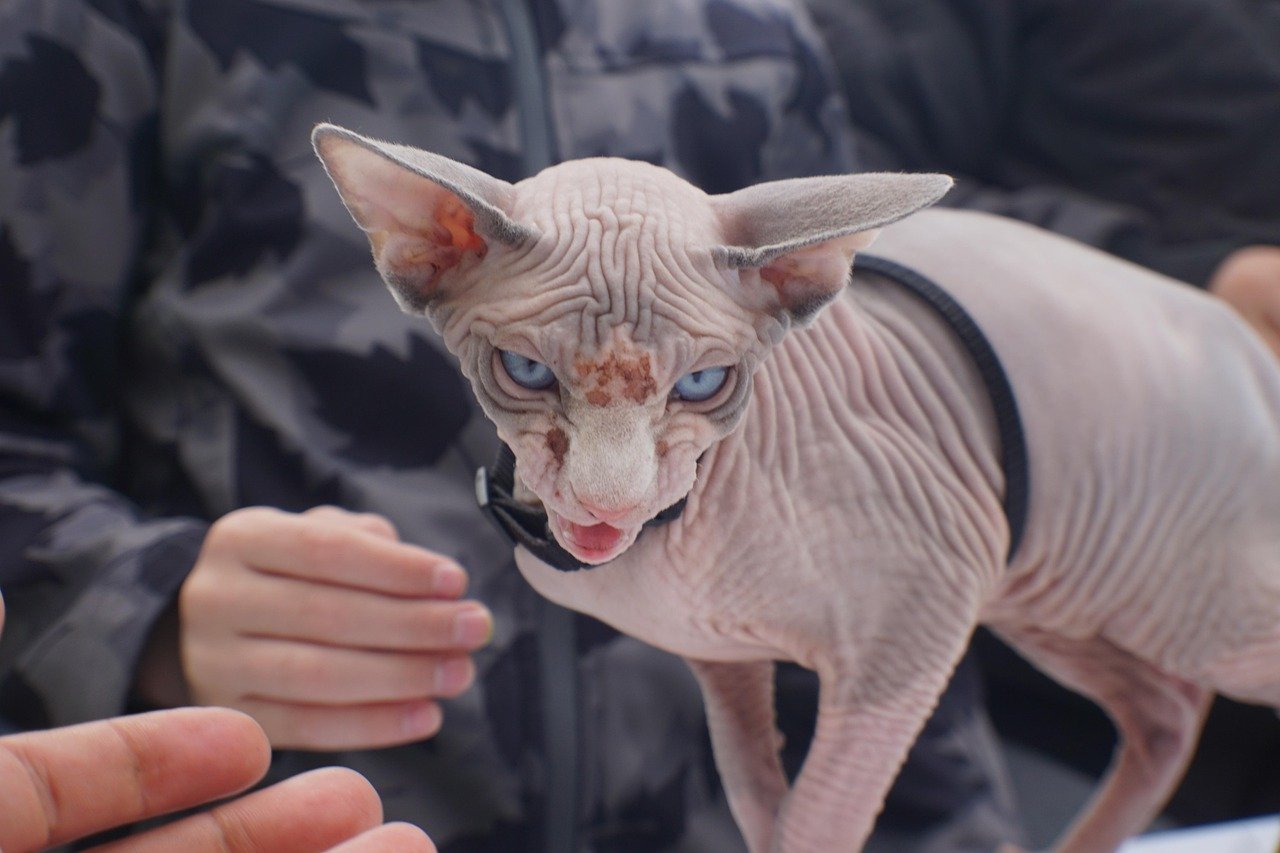Cats are often seen as independent and low-maintenance pets, but some breeds defy this stereotype, keeping veterinarians on their toes. These cats, while undeniably adorable and full of personality, come with their own set of challenges. Whether it’s due to genetic predispositions or particular quirks, some breeds require more frequent vet visits than others. Let’s explore these feline companions that, despite their beauty and charm, often have vets working overtime.
While all cats deserve love and care, some breeds are more prone to health issues that keep veterinarians on speed dial. From genetic conditions to chronic illnesses, certain feline friends require extra attention and frequent checkups. Breeds like the Persian or Scottish Fold may charm with their looks but often come with costly medical baggage. Knowing which cats need more healthcare can help you prepare as a responsible pet parent. Let’s take a closer look at the breeds that tend to visit the vet a little too often.
Persian: The High-Maintenance Royalty
When you think of Persian cats, their luxurious, long fur and sweet, round faces come to mind. However, beneath their glamorous appearance lies a host of health concerns that can keep vets busy. Known for their brachycephalic (flat-faced) features, Persians often suffer from breathing difficulties and dental issues. Moreover, their long fur is prone to matting, leading to skin infections if not groomed regularly. Owners of these regal felines need to be vigilant about their health and grooming to prevent frequent trips to the vet.
Maine Coon: The Gentle Giant with Hidden Troubles
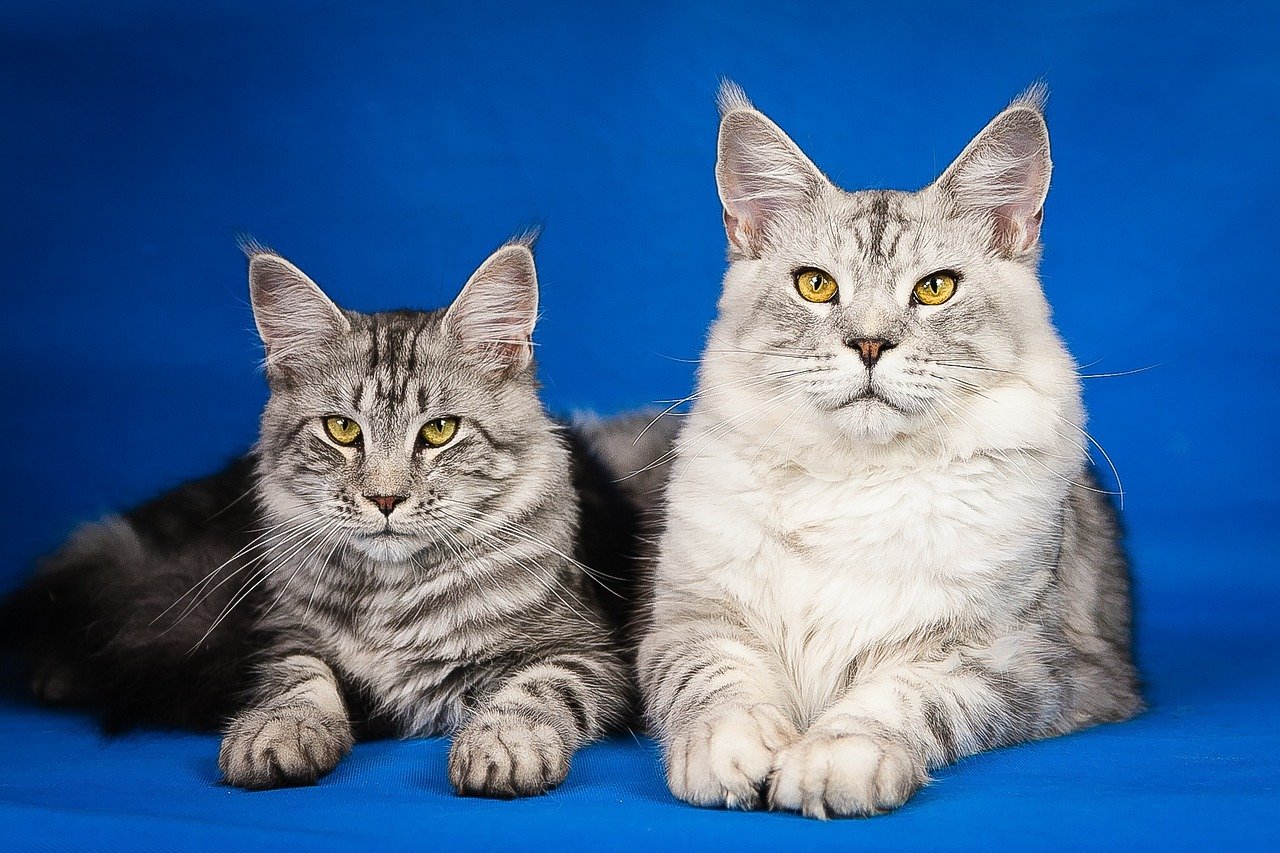
Maine Coons are loved for their large size and gentle nature, often referred to as “gentle giants.” Despite their robust appearance, they are genetically predisposed to certain health problems. Hypertrophic cardiomyopathy, a heart disease, is quite common in this breed. Additionally, their size can lead to joint issues and hip dysplasia. Regular check-ups and health screenings are essential for these affectionate felines to ensure they live long, healthy lives.
Sphynx: The Naked Truth About Their Health
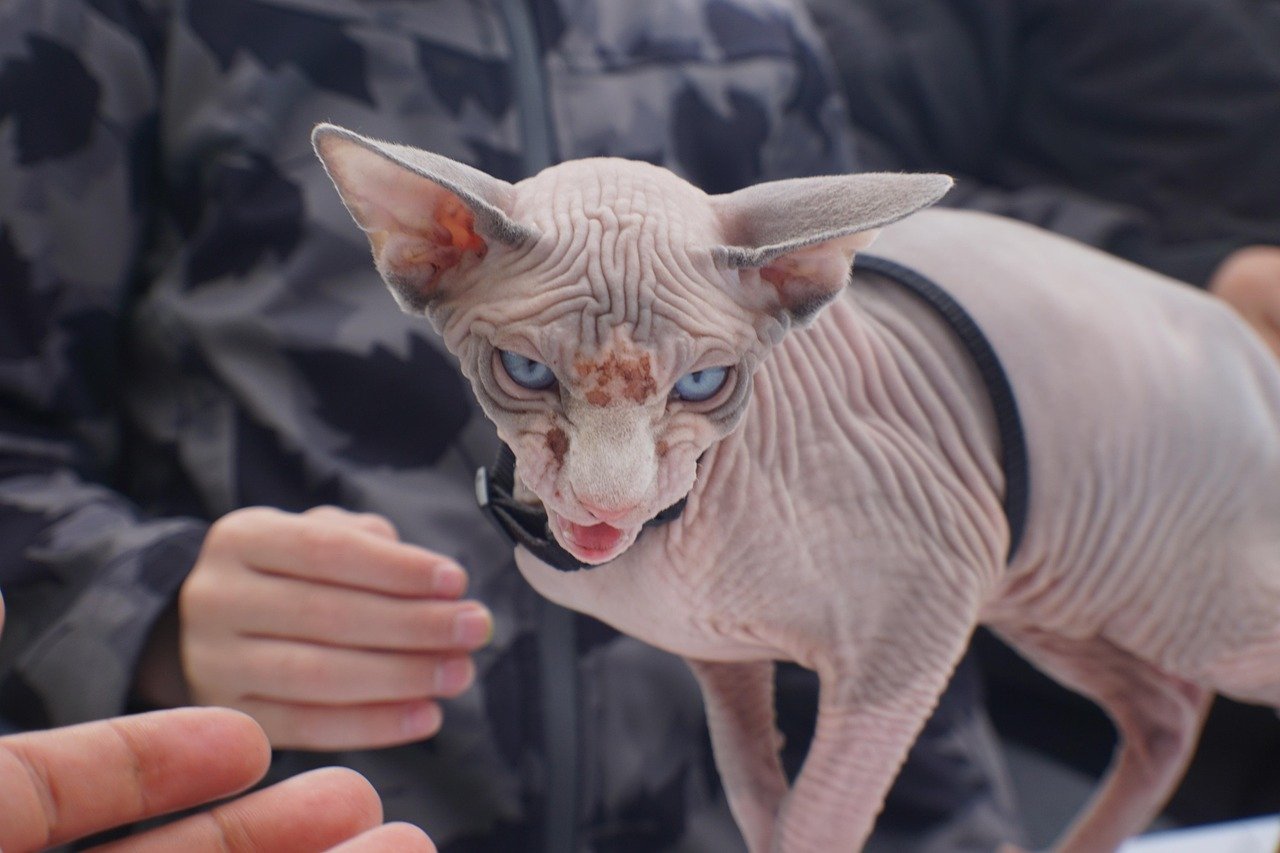
The Sphynx cat is known for its lack of fur, which gives it a unique and striking appearance. However, this hairlessness can be a double-edged sword. Without fur, Sphynx cats are more susceptible to skin issues, including sunburn and fungal infections. They also tend to have a higher metabolism, requiring more food and careful monitoring of their weight. Regular baths are necessary to remove oil build-up on their skin, making them a frequent visitor to the vet for skin-related concerns.
Scottish Fold: The Price of Adorable Ears
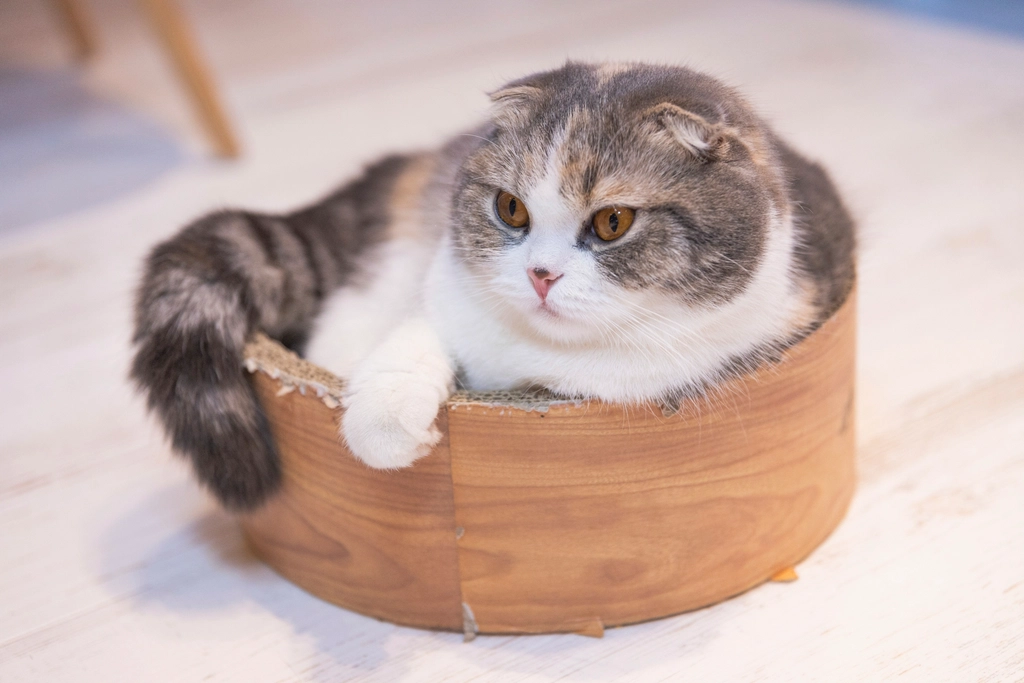
Scottish Folds are famous for their distinctive folded ears, giving them an endearing, owl-like appearance. Unfortunately, the genetic mutation responsible for their unique ears also predisposes them to serious health issues. Osteochondrodysplasia, a condition affecting cartilage and bone development, can lead to painful joint problems and arthritis. Vets often see these cats for mobility issues and pain management, making them a breed that requires careful attention and frequent medical care.
Bengal: The Wild Child with a Sensitive Side
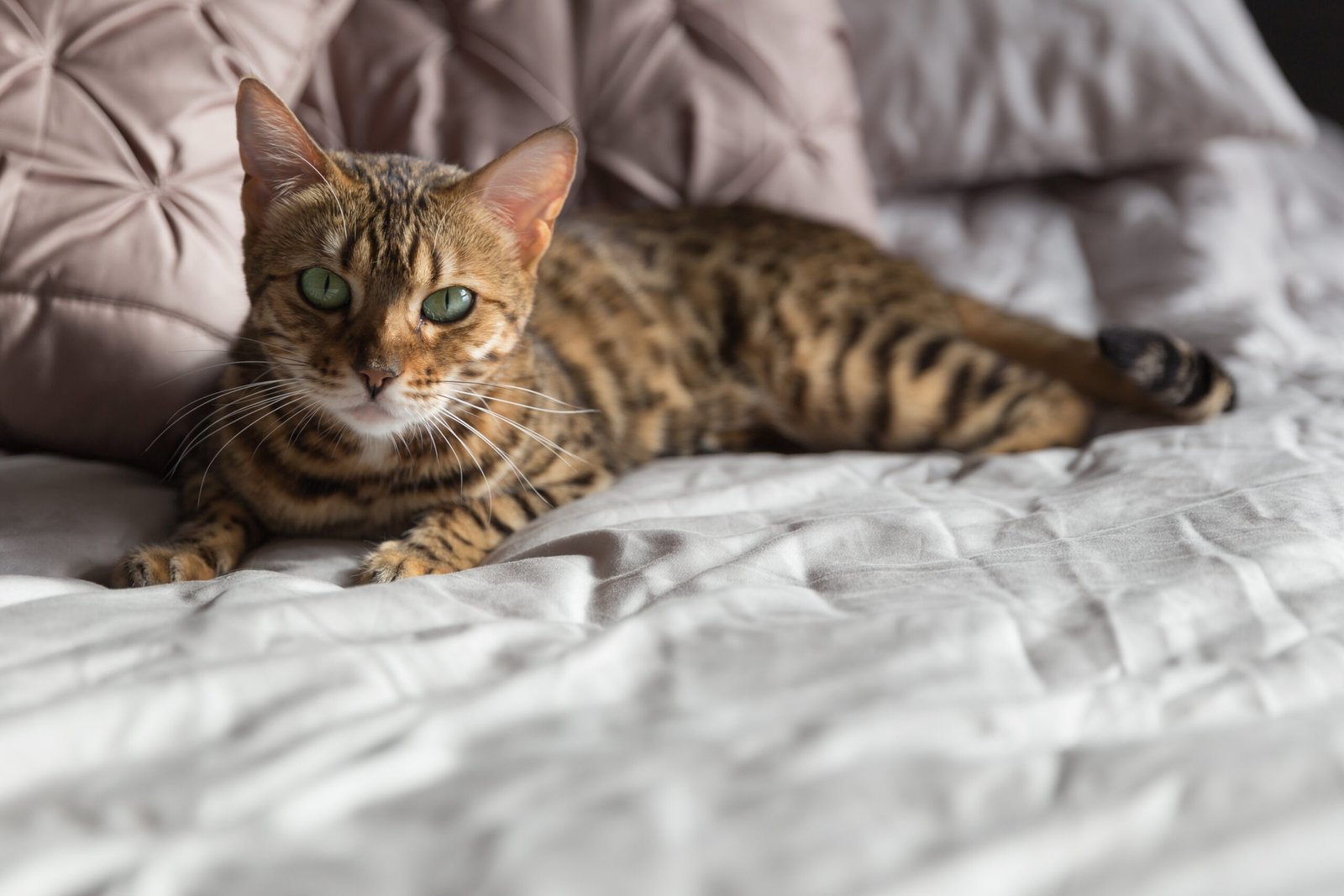
Bengals are known for their stunning, leopard-like spots and energetic personalities. However, their wild ancestry can sometimes translate into health challenges. Bengals are prone to gastrointestinal issues, including irritable bowel syndrome and food allergies. They also require plenty of mental and physical stimulation, and without it, can develop behavioral problems. Regular vet visits are often necessary to manage their dietary needs and ensure they remain the lively, healthy cats they are meant to be.
British Shorthair: The Plush Cat with Hidden Concerns
With their dense, plush coats and round faces, British Shorthairs are a favorite among cat lovers. Despite their sturdy appearance, they are prone to certain genetic conditions. Polycystic kidney disease (PKD) is a common issue in this breed, requiring regular monitoring and management. Additionally, their calm demeanor can sometimes mask underlying health problems, making routine vet check-ups crucial to catch any issues early.
Ragdoll: The Docile Beauty with a Fragile Side
Ragdolls are renowned for their docile nature and striking blue eyes. While they are typically healthy, they are genetically predisposed to hypertrophic cardiomyopathy, similar to Maine Coons. Their laid-back nature can sometimes lead to weight gain, which can exacerbate joint problems. Regular health screenings and a balanced diet are essential to keep these gentle giants in tip-top shape, ensuring they remain the loving companions they are known to be.
Devon Rex: The Elf-Like Cat with Unique Needs
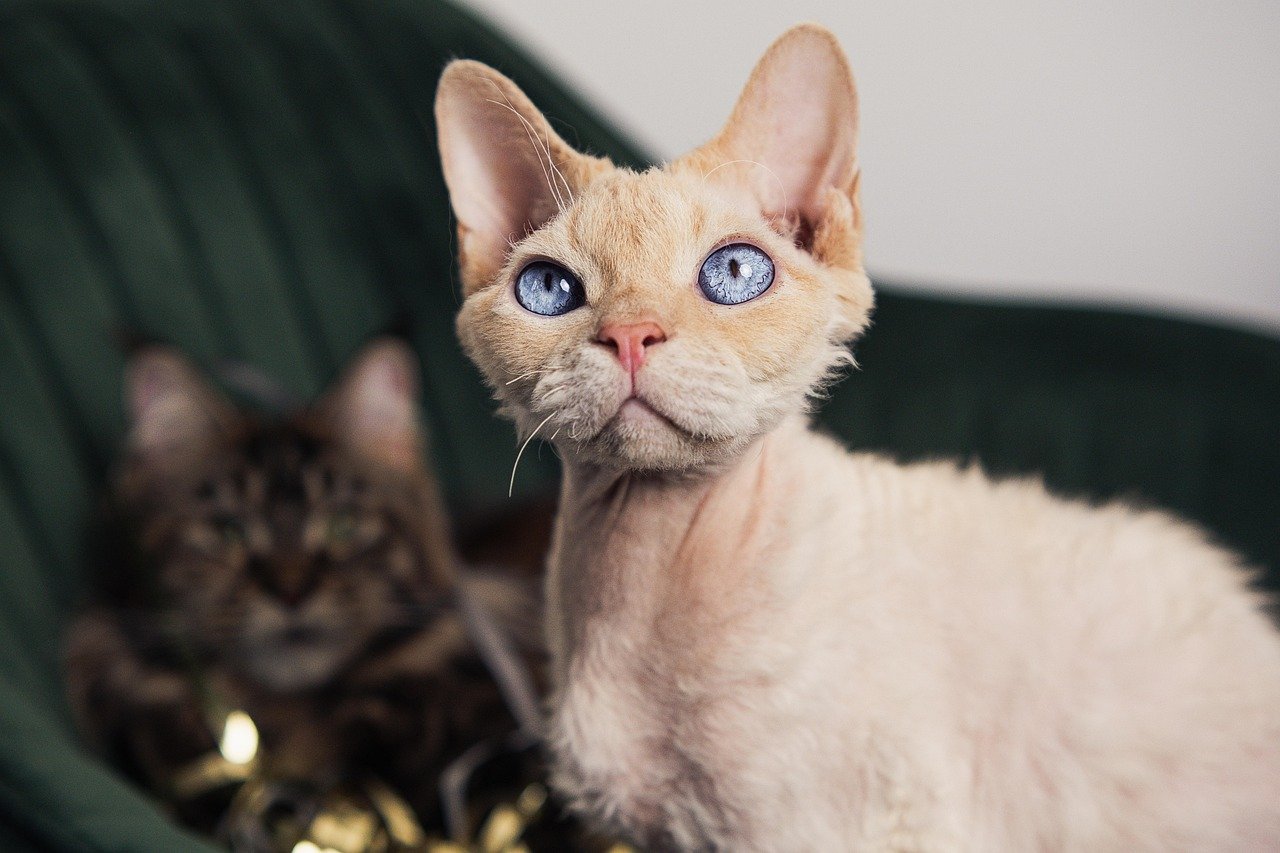
The Devon Rex is easily recognizable by its large ears, short wavy coat, and playful demeanor. However, this breed’s unique appearance comes with its own set of health challenges. They are prone to hereditary myopathy, a muscle weakness condition, and skin issues due to their delicate fur. Regular vet check-ups are necessary to monitor their health, and owners must be prepared to manage their unique needs to keep them healthy and happy.
Himalayan: The Beautiful Blend with Breathing Blues
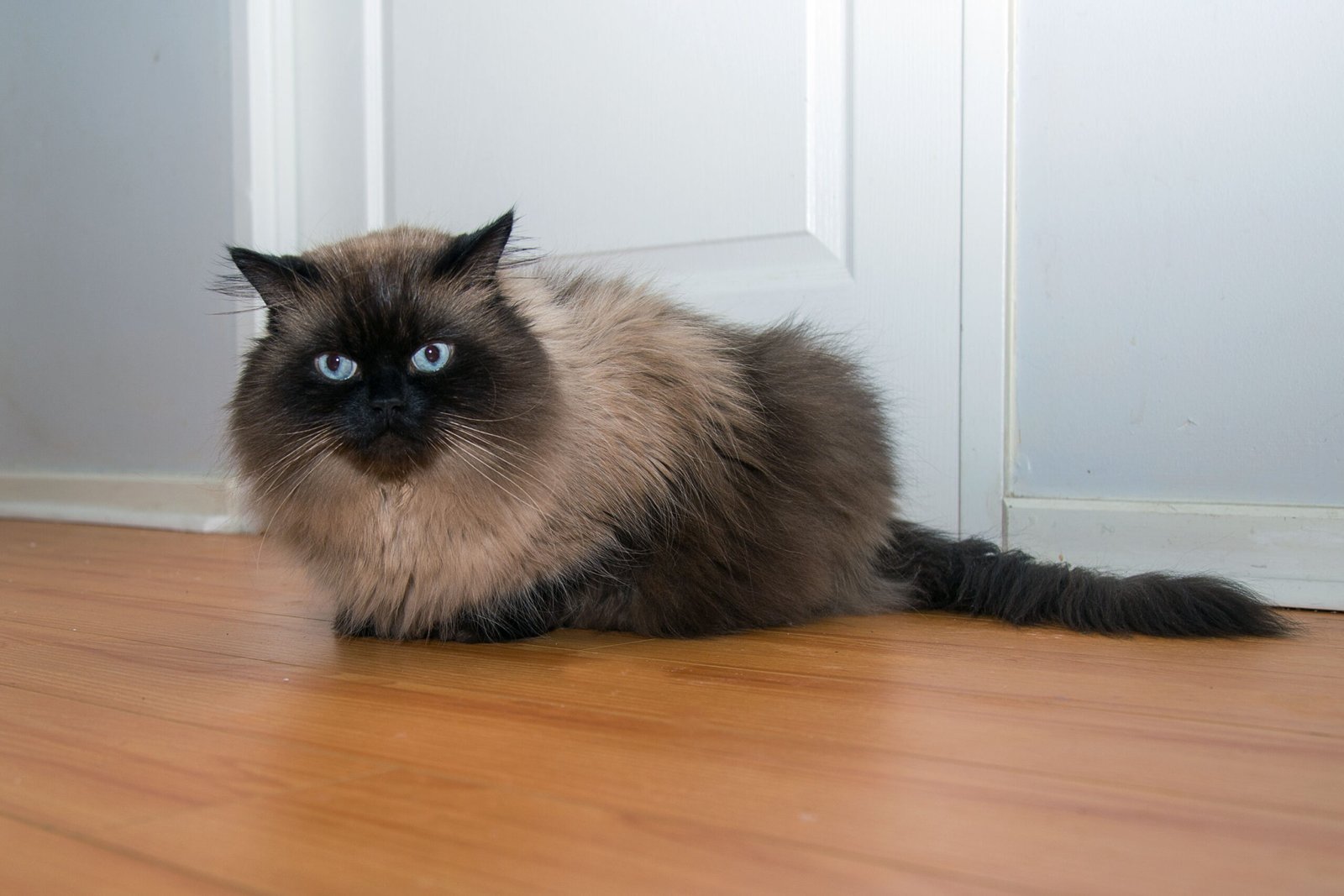
A cross between Persians and Siamese, Himalayans inherit the best and worst traits of both breeds. Their beautiful, long coats require regular grooming to prevent matting and skin infections. Like Persians, their flat faces can lead to breathing difficulties and dental issues. Regular vet visits for grooming advice and health check-ups are essential to manage these concerns and keep these stunning cats in good health.
Oriental Shorthair: The Sleek Beauty with a Delicate Constitution
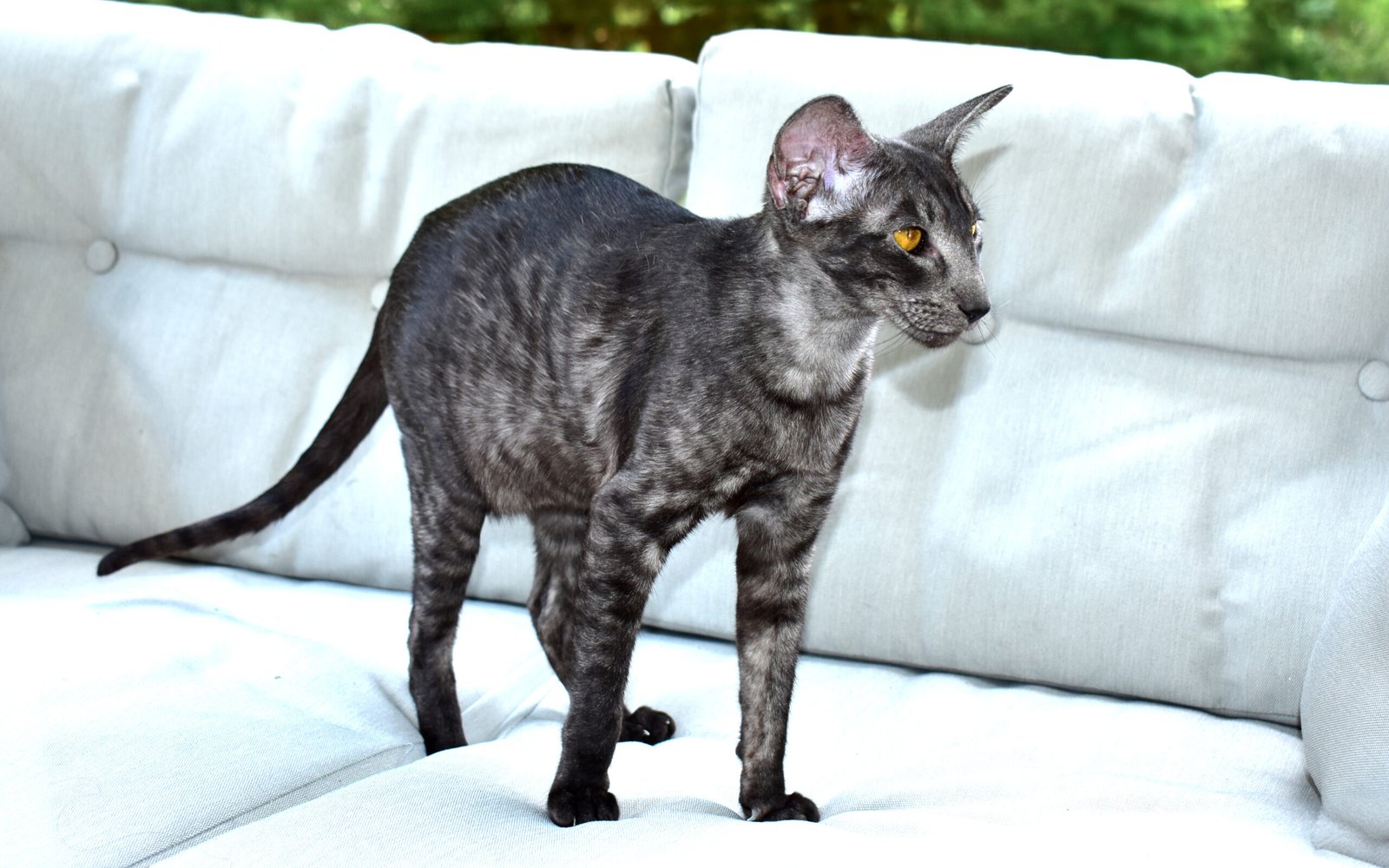
Oriental Shorthairs are known for their sleek, elegant appearance and expressive eyes. However, their slender bodies and fine coats make them susceptible to respiratory issues and dental problems. They are also prone to obesity if not given enough exercise and a balanced diet. Regular veterinary care is crucial to monitor their health and manage any issues that arise, allowing them to thrive as the graceful companions they are meant to be.
In conclusion, while these cat breeds are undeniably captivating, they come with their own set of challenges that can keep veterinarians busy. As a cat lover, understanding the specific needs and potential health issues of your chosen breed is essential to ensure they lead healthy, happy lives. Would you have guessed that these beautiful felines could keep vets so occupied?

Linnea is a born and bred Swede but spends as much time as possible in Cape Town, South Africa. This is mainly due to Cape Town’s extraordinary scenery, wildlife, and atmosphere (in other words, because Cape Town is heaven on earth.) That being said, Sweden’s majestic forests forever hold a special place in her heart. Linnea spends as much time as she can close to the ocean collecting sea shells or in the park admiring puppies.

